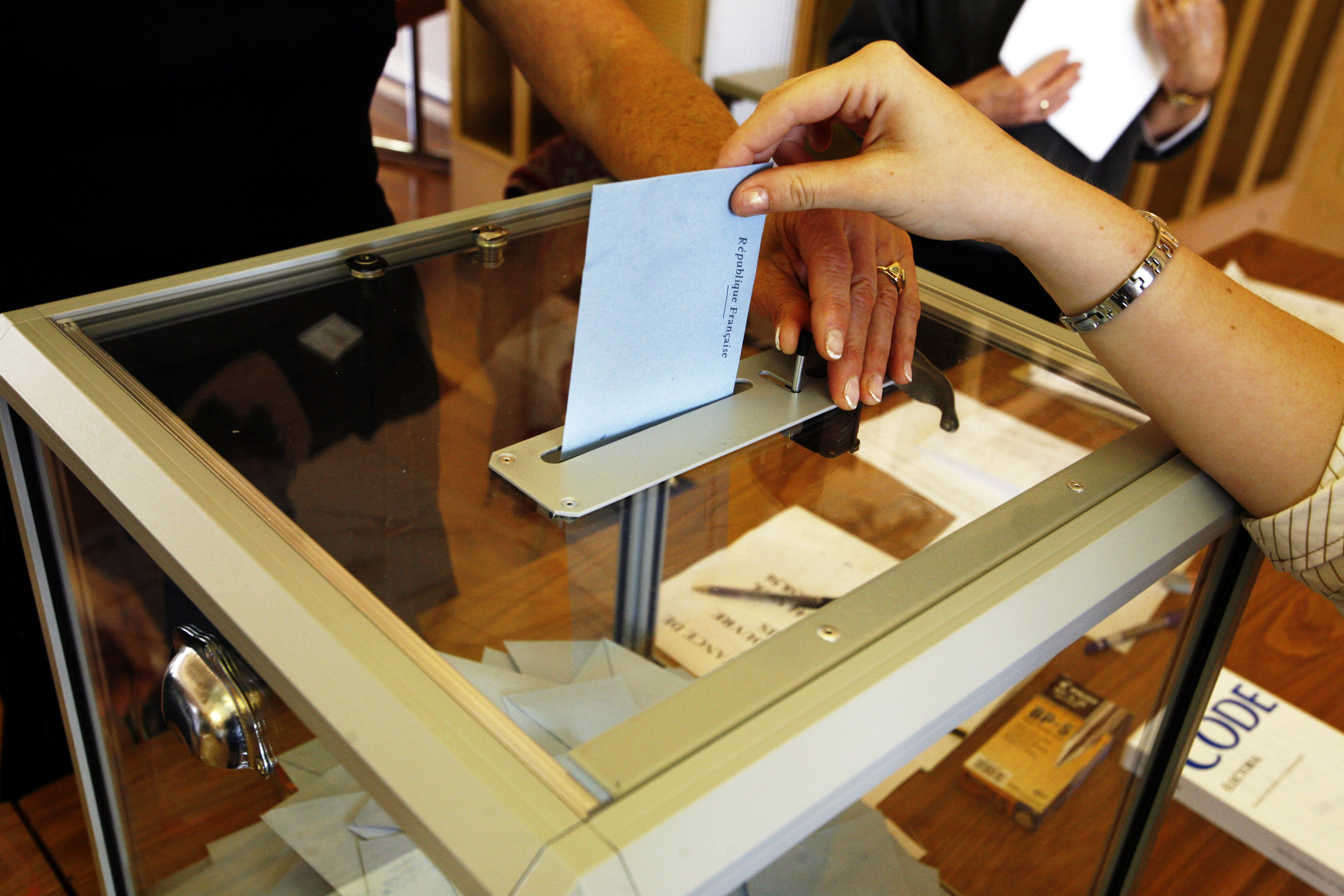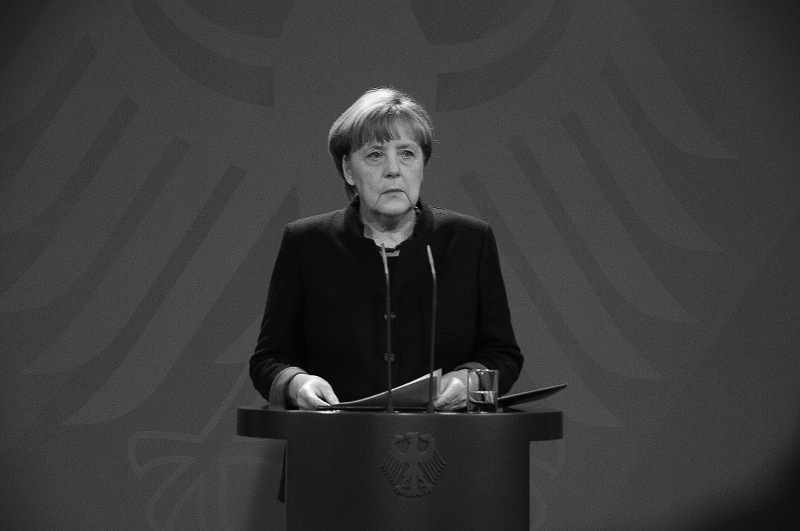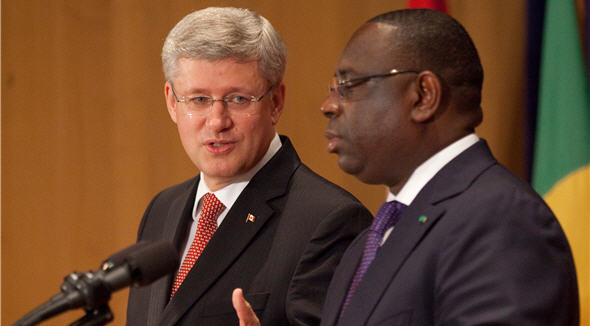In December 2016, thousands of civilians were evacuated from the besieged areas of Aleppo to safer regions. Among these civilians are many children, orphans, elderly and severely wounded. According to the International Committee of the Red Cross, as many as 25,000 civilians and rebel fighters have been withdrawn from the city since the start of the operation. Most of the evacuees have been transported to the rebel-held countryside province of Idlib to stay either in temporary refugee camps or with relatives.
But the process of evacuating civilians has not been smooth. The unclear stipulations of the evacuation agreement have created bottlenecks at checkpoints, leaving thousands stranded in harsh wintery conditions for nearly 24 hours. Several people have died, including children and babies. Those who had made it out of Aleppo faced equally harsh conditions, as Idlib saw a heavy snowfall and freezing temperatures. On top of this, aid groups such as Free the Children have expressed concern at the province’s inadequate quantities of food and medical care. Many evacuees, who have lost their homes and family members in devastating circumstances, have been faced with the reality that evacuation from Aleppo means staying in a tent in freezing temperatures in a province that has not been adequately prepared to accept the sheer number of refugees. Prior to the evacuation, Idlib already hosted about 230,000 displaced persons.
In addition, though the airstrikes are substantially fewer than those in Aleppo, the province of Idlib is still considered a warzone. The province is largely controlled by a powerful rebel alliance, including the jihadist group Jabhat Fateh al-Sham, which did not formally break ties with Al-Qaeda until July 2016. The area has been repeatedly bombed by Russian and Syrian air forces, and President Bashar al-Assad has claimed that the territory is one of the next areas that the government will liberate after Aleppo. This statement calls to question the safety of the hundreds of thousands of civilians currently seeking refuge in the area. Though evacuation from Aleppo served as a beacon of hope for thousands of people, sheltering them in Idlib is only a temporary solution.
For this reason, about ten percent of the refugees rescued from Aleppo have decided to make the dangerous journey to Europe. Many families with young, sometimes wounded, children are travelling by foot. It has been estimated that it would take a family about 50 days to travel to Serbia at the rate of walking 8 hours per day. The journey is long, uncertain, dangerous, and further complicated by harsh winter conditions. Despite this, thousands of people have chosen to take the risk in search of a better future. Most of them are spending the nights in tents; some are sleeping out in the open. For the past few weeks, the temperature in Serbia has been below zero.
On January 13, 2017, the United Nations High Commissioner for Refugees expressed concern at the growing number of refugees facing the dangerous conditions of European winter. The agency reported that multiple people have died from weather conditions, and called on European state authorities to do more in assisting refugees to find safe and permanent shelter. Additionally, the agency reported that refugees are vulnerable to violence and abuses by criminal gangs, kidnappings, physical abuse, threats and extortion. Of those who have made it to Serbia, many are living in inadequate sites in Belgrade city centre. It is estimated that about 7,200 refugees are living in the country, and UNHRC has worked to provide them with heaters, thermal blankets and winter clothing and footwear. The agency’s efforts have ensured that about 82% of these persons have received accommodation in heated shelters.
Various political leaders have provided a diversified range of responses to the rapidly escalating refugee crisis. Benjamin Netanyahu, Prime Minister of Israel, has vowed to contribute to the resettlement of refugees by providing them with shelter in Israel. Sharing a border with Syria, Israel has already provided medical treatment for thousands of civilians who were injured by the airstrikes. Netanyahu states that Israel is now looking to bring injured persons into Israeli hospitals for treatment. In late December, the government of Britain pledged to provide refugees, including those rescued from Aleppo, with humanitarian assistance by sending blankets, food, clothing and medicine. In early January, the British government was urged to increase efforts in transferring refugees from freezing conditions to safety. Last year, Britain brought in and resettled just over 3,000 displaced persons – just 18% of its fair share of vulnerable refugees. Spain, despite the public support for resettlement, has rejected the UNHRC request to accept 500 Syrian students. Russia has only accepted two Syrian refugees. Currently, Jordan, Lebanon and Turkey host the vast majority of refugees with limited financial support from other nations. With over 2 million displaced persons, Turkey has become the biggest refugee-hosting nation in the world.
It is difficult to grasp the rate at which Syrian civilians continue to lose their lives. According to UN estimates, about 400,000 civilians have died since the war broke out in March 2011. As it stands, the humanitarian crisis has no end in sight. However, country officials and humanitarian aid groups can continue to provide support in alleviating abominable living conditions of thousands of displaced persons. Hundreds of thousands of lives have been lost in this devastating civil war, but still there are thousands of lives to save.
Photo: Zaatari refugee camp, Jordan (2013), by Foreign and Commonwealth Office via Wikimedia Commons. Licensed under Open Government Licence v1.0.
Disclaimer: Any views or opinions expressed in articles are solely those of the authors and do not necessarily represent the views of the NATO Association of Canada.




